One killed as protesters defy Aoun’s call to end protests
In Lebanon, a man has received a fatal wound during an altercation with army soldiers as protesters defied a call by President Michel Aoun to leave the streets and let calm return to the country.
The protester was shot and severely wounded by a soldier on Tuesday night as protesters attempted to block a main highway in Khaldeh, a town located 12 kilometers south of the capital Beirut.
The victim — identified as Alaa Abou Fakher, a Progressive Socialist Party supporter — succumbed to gunshot wounds at a hospital, marking the first death since the violent anti-government protests broke out in Lebanon around a month ago.
In a statement, the army said a soldier had opened fire to disperse protesters who were blocking a road in Khaldeh.
The soldier has been taken into custody while an investigation is underway into the incident, according to the army.
The unrest on Tuesday evening followed a speech by President Aoun, in which he urged people to end their protests as efforts are underway to form a government following the resignation of prime minister Saad al-Hariri — a key demand of the demonstrators.
“If you continue in this way, you will strike Lebanon and your interests,” Aoun said during a prime time televised interview on Tuesday.
“We are working day and night to get the situation in order. If they keep going, there is a catastrophe. If they stop, there is still room for (us) to fix things,” he warned.

Tensions continued into the night, with demonstrators burning tires and pelting security forces with stones.
Visiting the hospital where the dead protester had been taken, Walid Jumblatt who leads the Progressive Socialist Party, urged his supporters to remain calm.
Since October 17, protesters have held nationwide rallies, expressing discontent with what they view as the government’s failure to find solutions for the country’s economic woes.
The Lebanese Finance Ministry says the country’s national debt is hovering around $85 billion, which accounts for more than 150 percent of the gross domestic product (GDP).
More than 25 percent of the Lebanese live in poverty, according to the World Bank.
The protests also come as the US and its Persian Gulf allies have imposed sanctions on Lebanese economic assets and figures for alleged cooperation with Hezbollah.
Numerous Lebanese political figures and analysts have warned that foreign states are seeking to exploit the demonstrations in a bid to fulfill their interests, notably weaken Lebanon’s Hezbollah resistance movement.
Aoun rules out 'fully technocrat government’
Hariri has expressed interest in heading a future “technocrat” government which he argues is better placed to secure international financial support believed to be required to address the country’s economic vows.
Observers, however, believe the initiative seeks to mainly block the resistance movement, Hezbollah, from participating in any future government.
Speaking on Tuesday, Aoun, a political ally of Hezbollah, ruled out a completely technocrat government amid ongoing consultations seeking to designate the country’s next prime minister.
“A technocrat government cannot define the policy of the country ... and I back forming a government that is half political and half technocrat,” he said.
Aoun added that Hariri had been “hesitant” about becoming prime minister again in a future government.
Israeli commander resigns after researcher killed in Lebanon
Iran says gas supply to Iraq flowing normally
UAE says 3 Uzbeks arrested over Israeli-Moldovan rabbi's murder
Lebanon, Israel almost 'close' to ceasefire deal, officials say
Heavy rains flood tents in Gaza as Israel intensifies attacks
VIDEO | Press TV's news headlines
Iran warns UN credibility at risk amid Israel’s campaign of genocide
Embassy in Tehran flagged for excessive electricity usage



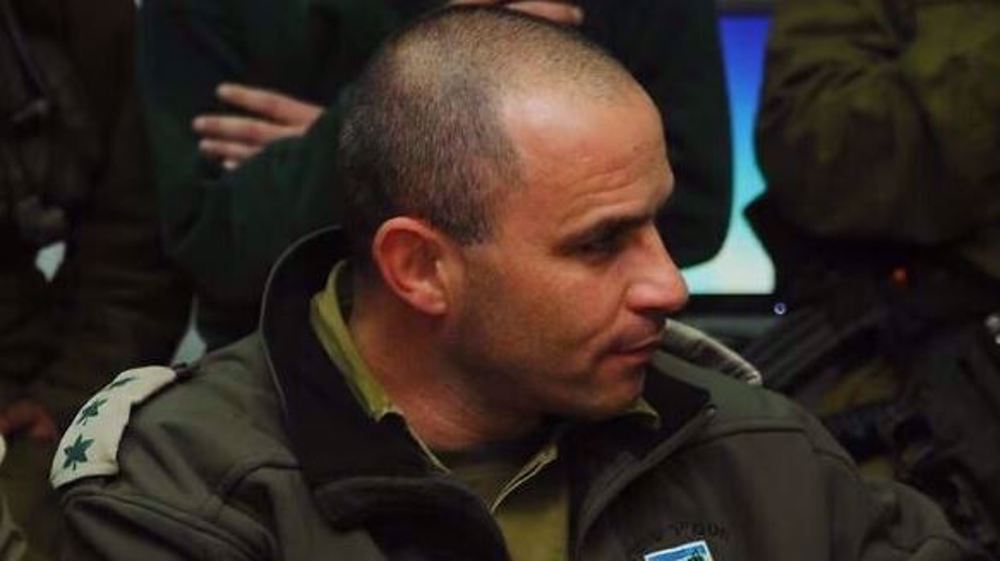
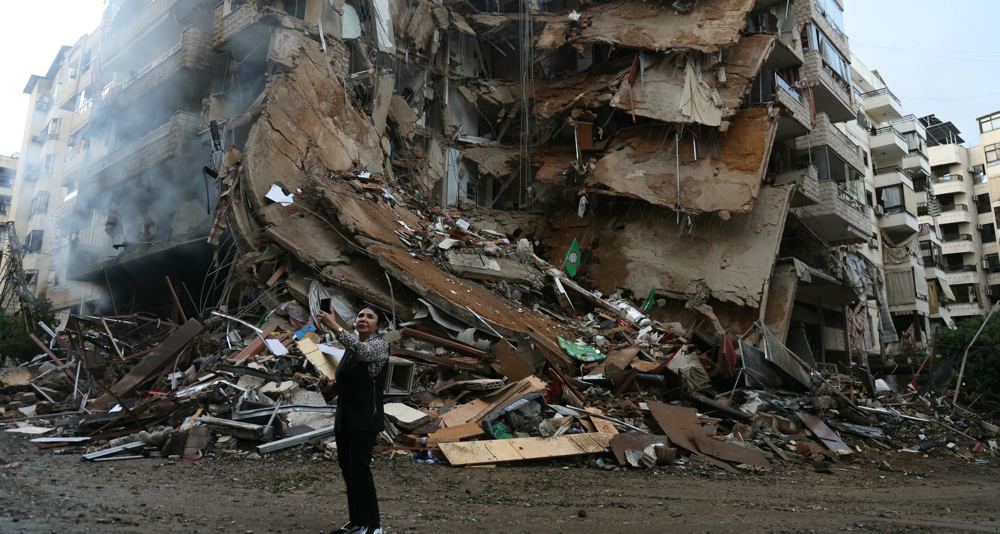
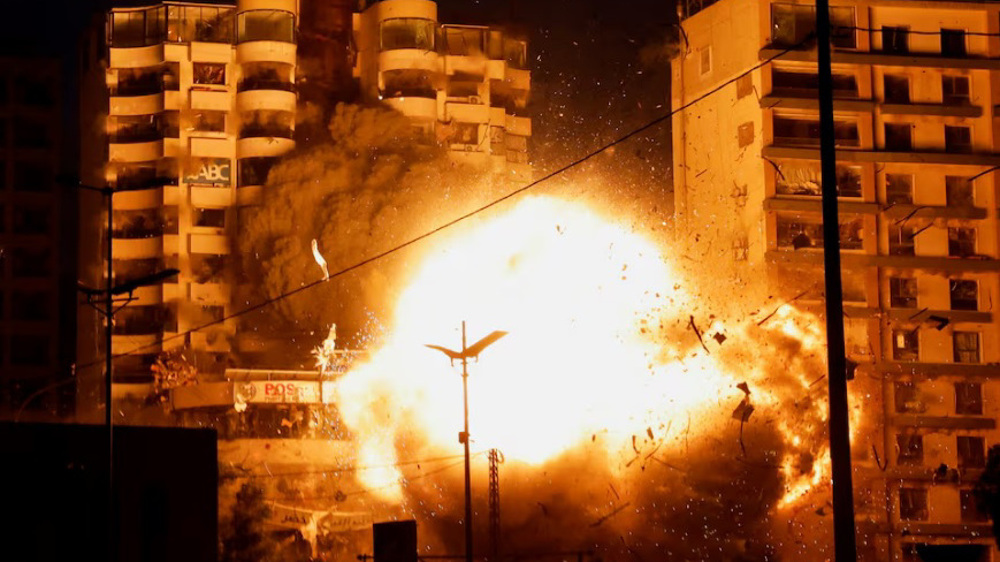




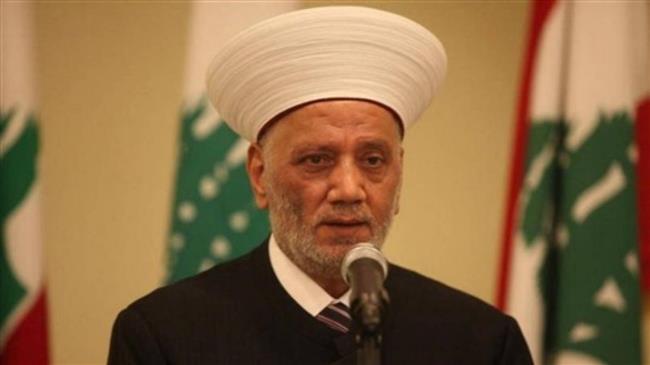

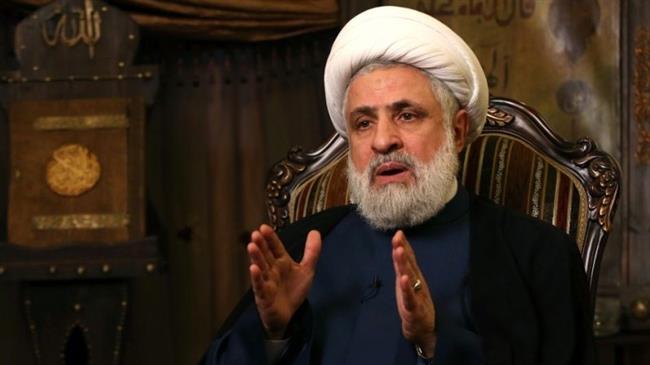

 This makes it easy to access the Press TV website
This makes it easy to access the Press TV website